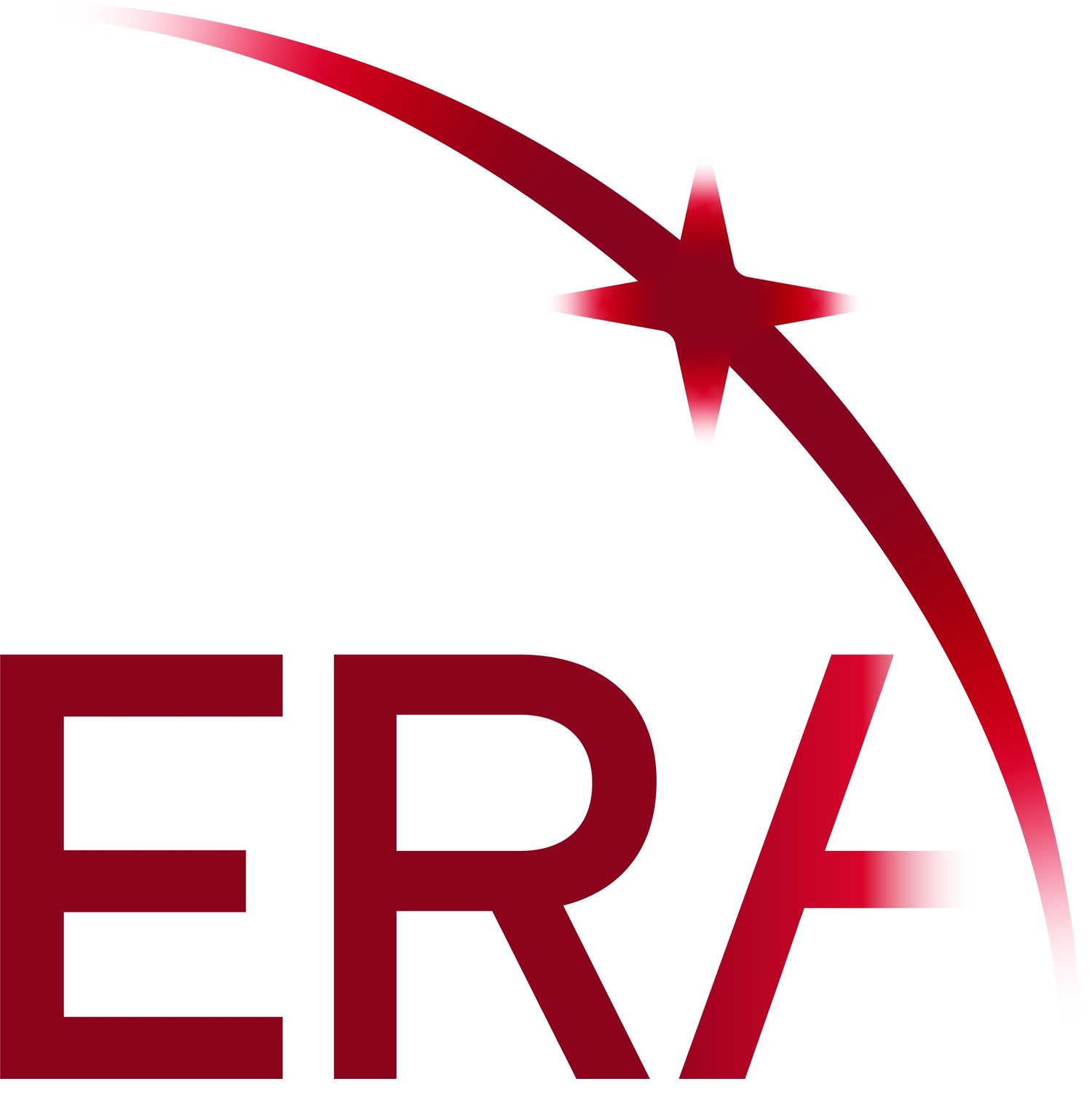Our Fellows
Technical AI Safety
-
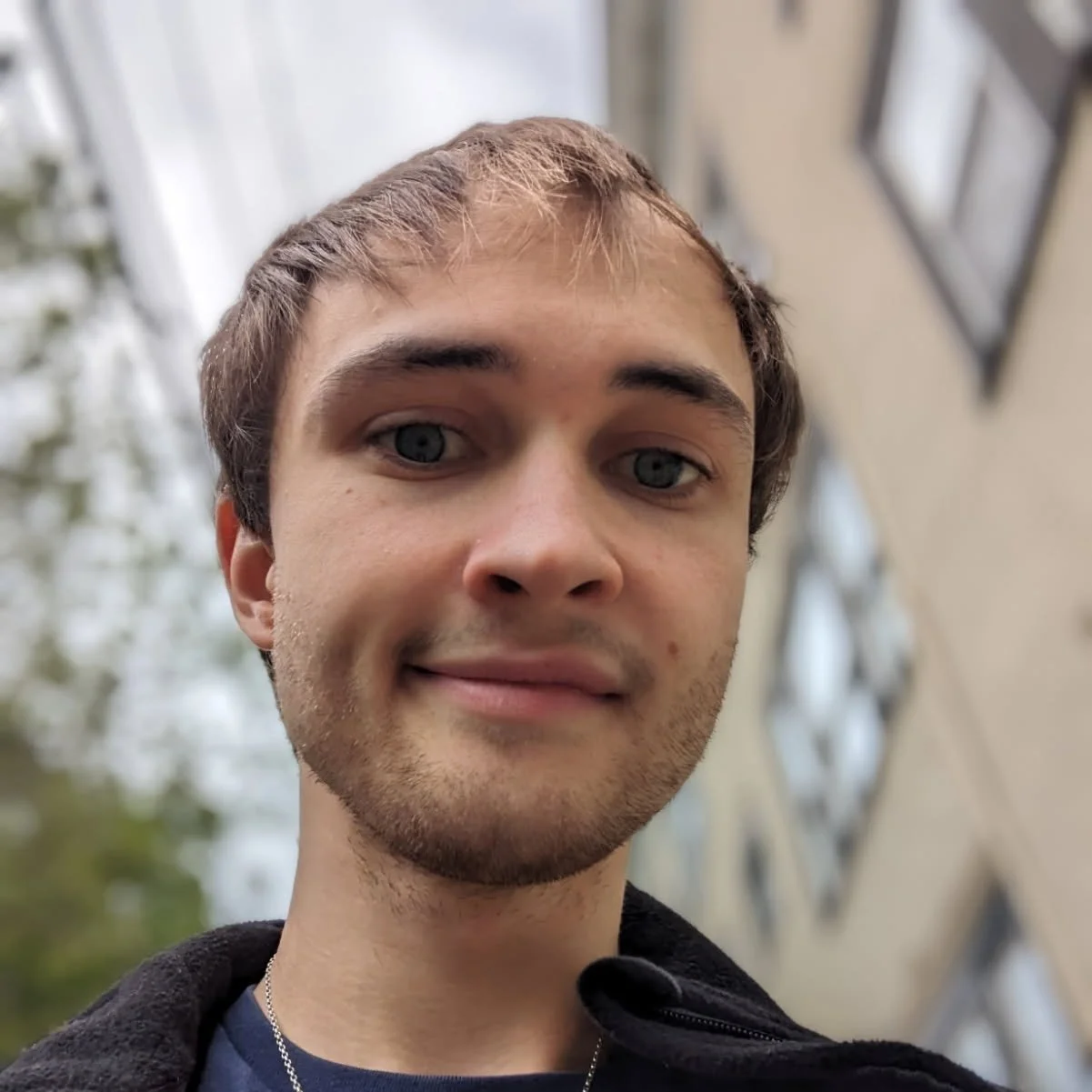
Adam Dionne
Safety Frameworks for Future AI Firms
Adam is a PhD student in the Applied Physics department at Harvard University. He researches collective behavior in various biological systems -- ants to cells to centipedes -- mainly via computational modeling. Adam is broadly interested in controlling future multi-agent systems, verification methods for international cooperation on AI, and general policy work that proactively guides technological development in alignment with everyday human values.
-
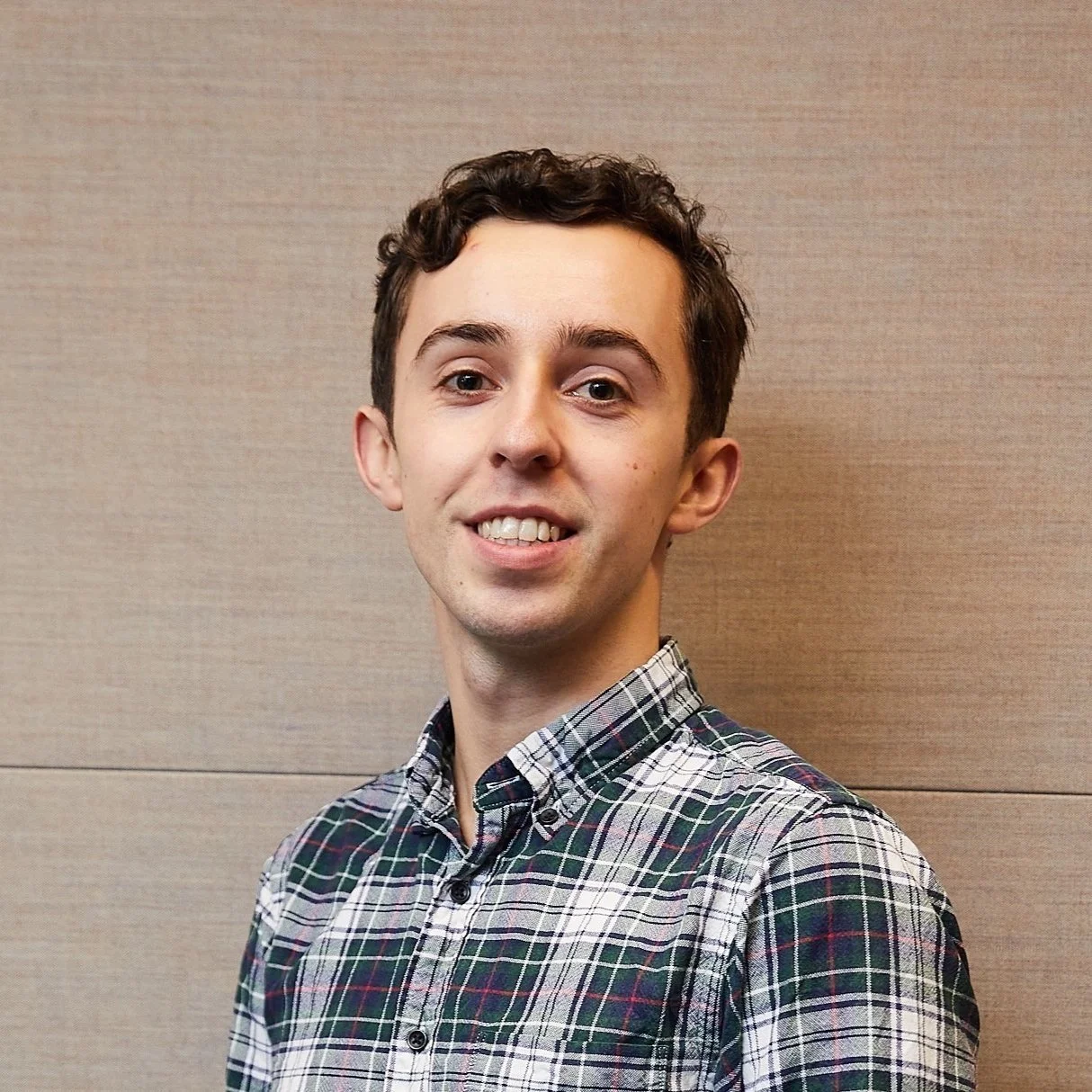
Ben Slater
Assessing how LLMs use Theory of Mind for Manipulation
Ben is a PhD student at Cambridge University co-supervised by Lucy Cheke and Flavia Mancini. He is interdisciplinary, splitting his time between the Centre for the Future of Intelligence, and the departments of Psychology and Engineering. His research focuses on using inspirations from the Psychological literature to improve the evaluation of AI systems. He has a Master's degree in Computer Science from St. Catherine's College, Oxford, a Master's degree in Psychology from Girton College, Cambridge, and has spent time in industry as a Software Engineer.
-
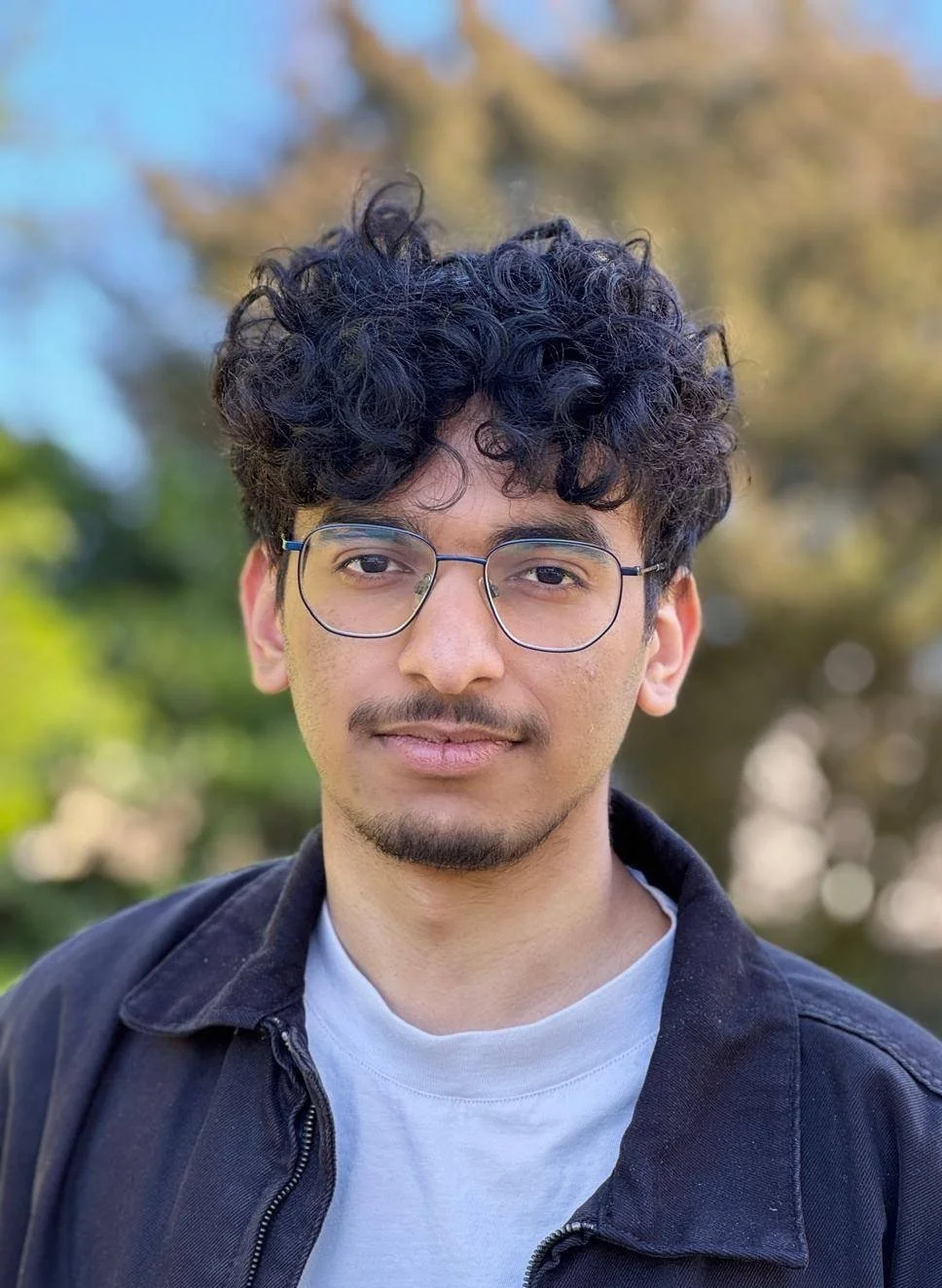
Samuel Ratnam
DELTA: Automated Discovery of Interpretable Differences Between Language Models
Samuel is an incoming second-year Computer Science and Philosophy student at the University of Oxford. He is currently interested in LLM-based evolutionary optimisation, social technologies, and conceptual AI safety research.
-
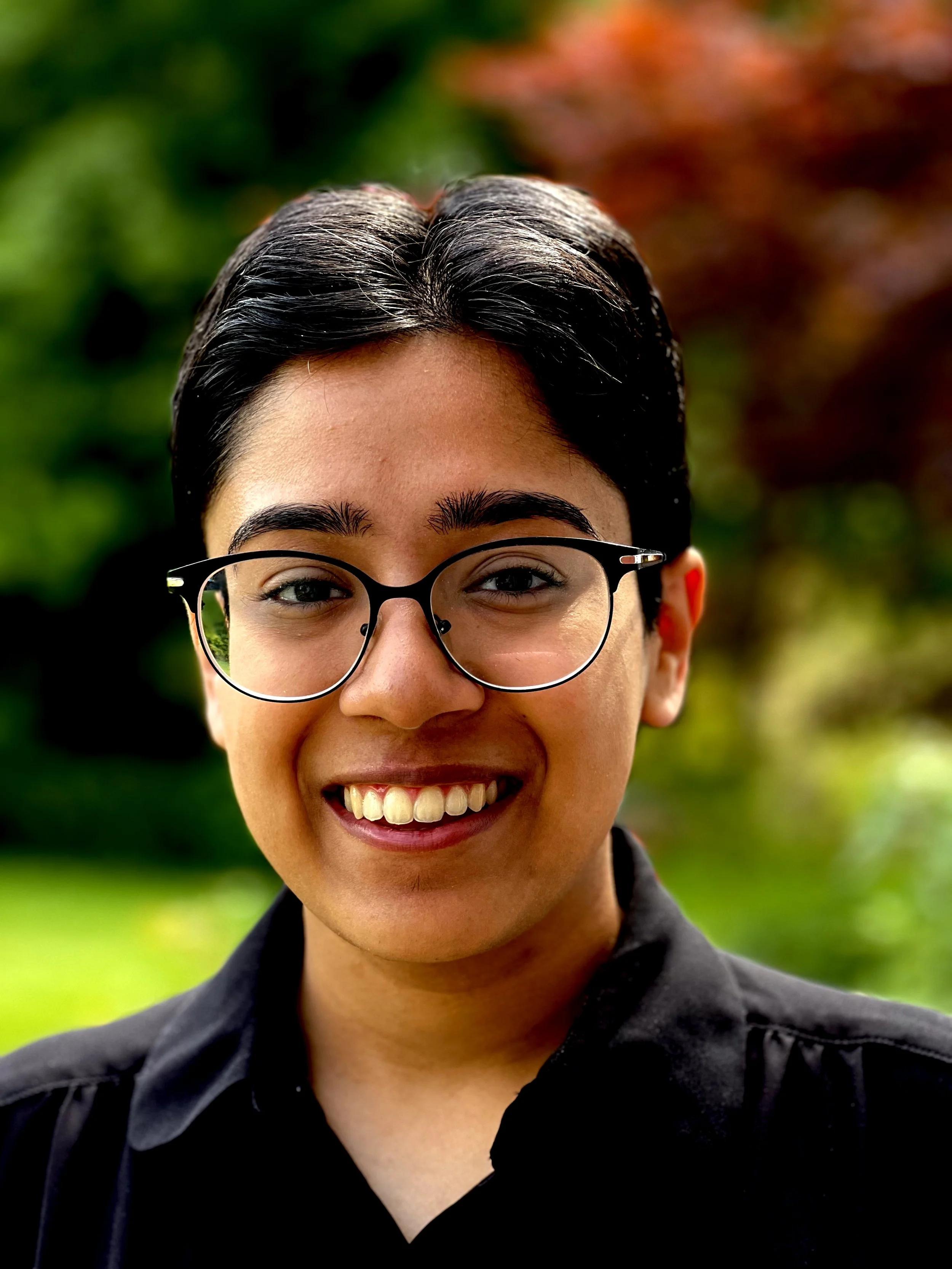
Isha Agarwal
Multi-View Capability Discovery and Hypothesis Generation
Isha is an undergraduate student at MIT studying Computer Science and Mathematics. Her research interests include mechanistic interpretability, adversarial robustness, and algorithmic fairness. She became interested in AI safety through her involvement with the MIT AI Alignment Group and is currently conducting research on model jailbreaks at the MIT Algorithmic Alignment Group. In addition, Isha studies AI bias in healthcare as a SERC Scholar through the Schwarzman College of Computing.
-
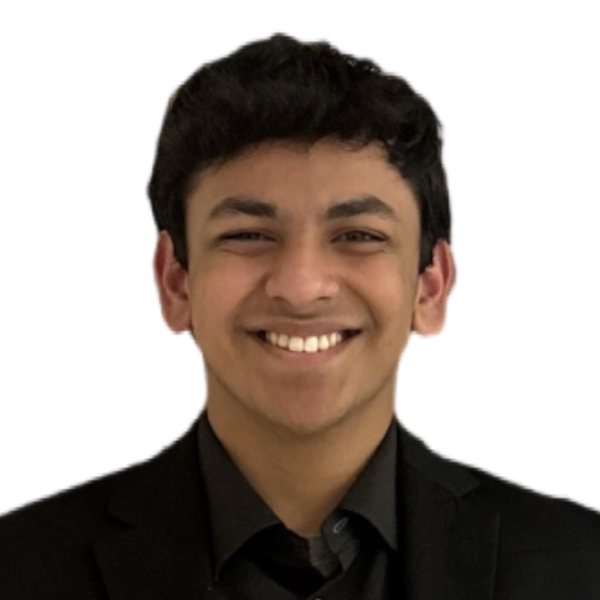
Saharsha Navani
Multi-View Capability Discovery and Hypothesis Generation
Saharsha Navani is an AI/ML enthusiast working with organizations like Google DeepMind, the MIT-IBM Watson AI Lab, and the USAF. He works with the United Nations DESA and IGF branches to share his expertise on AI at the intersection of policy and cognitive sciences. More recently, he founded an AI startup—inQ Technologies—focused on optimizing research and augmenting human capabilities, which has achieved a $10 million valuation, is backed by Stanford, Dell, and is in the process of exiting for an undisclosed amount to an M&A group.
-

Kyle O'Brien
Deep Forgetting: Gradient Ascent During Pretraining Produces Tamper-Resistant Unlearning
Kyle spent 5 years as an engineer at Microsoft. He began doing research on nights and weekends after reading the GPT-3 paper in 2022 and getting into Effective Altruism. Kyle was laid off earlier this year and has since begun pursuing AI safety research full-time. He recently finished a contract with EleutherAI + UK AISI. He is broadly excited about making open-weights models safer via pretraining data filtering and tamper-resistant machine unlearning techniques. Kyle’s work and contact info can be found at http://kyobrien.io
-
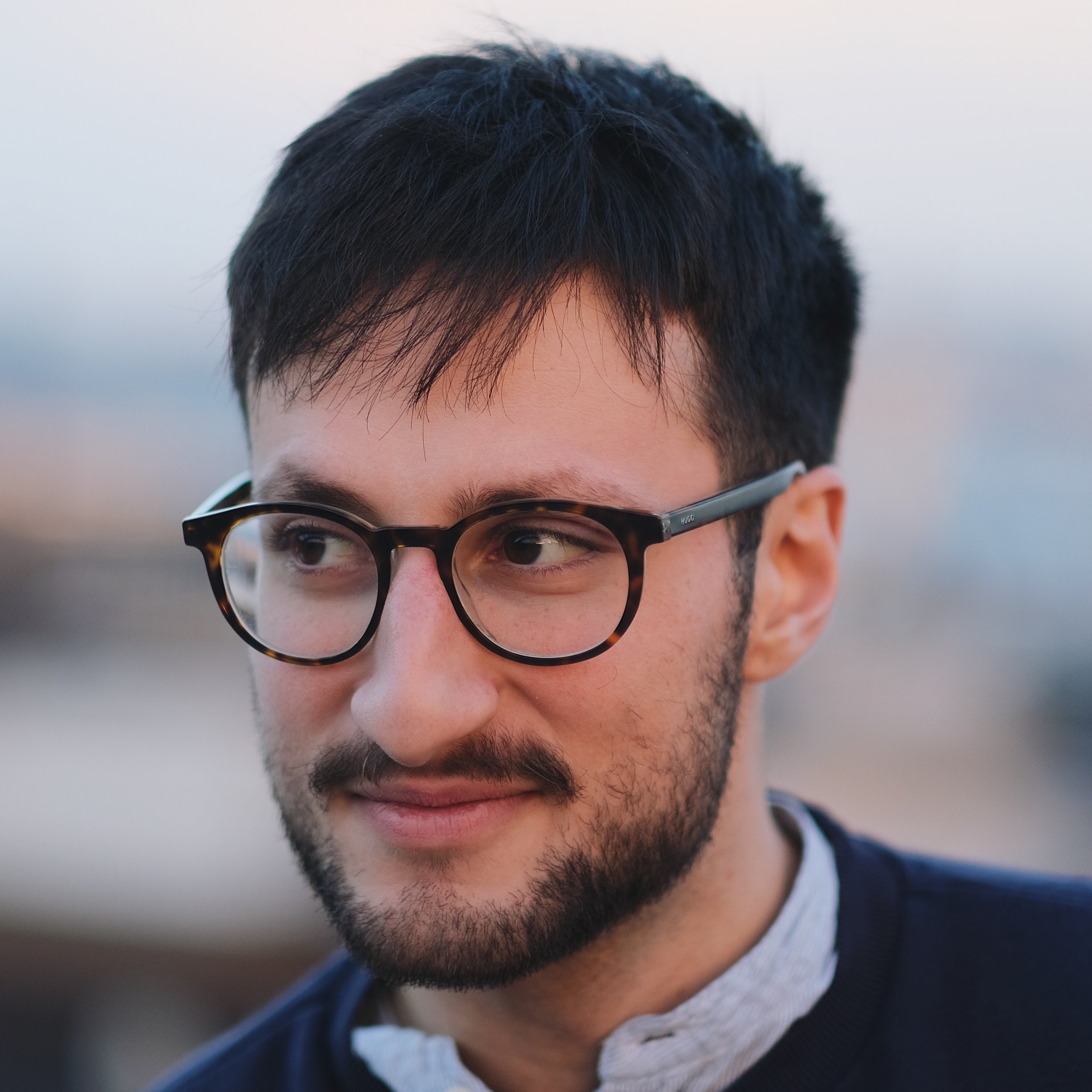
Puria Radmard
You've Always Been Deceptively Misaligned: Testing Self-Consistency as Bayesian Inference Over In-Context Latent Personalities
Puria holds an MEng in NLP and is currently pursuing a PhD in Computational Neuroscience, both at Cambridge. He serves as a mentor and PI at Meridian Impact, where he co-leads a research team investigating chain-of-thought faithfulness and self-consistency. The team’s current work on obfuscation in chain-of-thought reasoning is funded by the UK AISI.
-

Lily Li
Natural language driven modification of internal behaviour representation
Lily graduated from the University of Toronto with a PhD in Theoretical Computer Science and has since participated in SPAR and ARENA.
Technical Governance
-
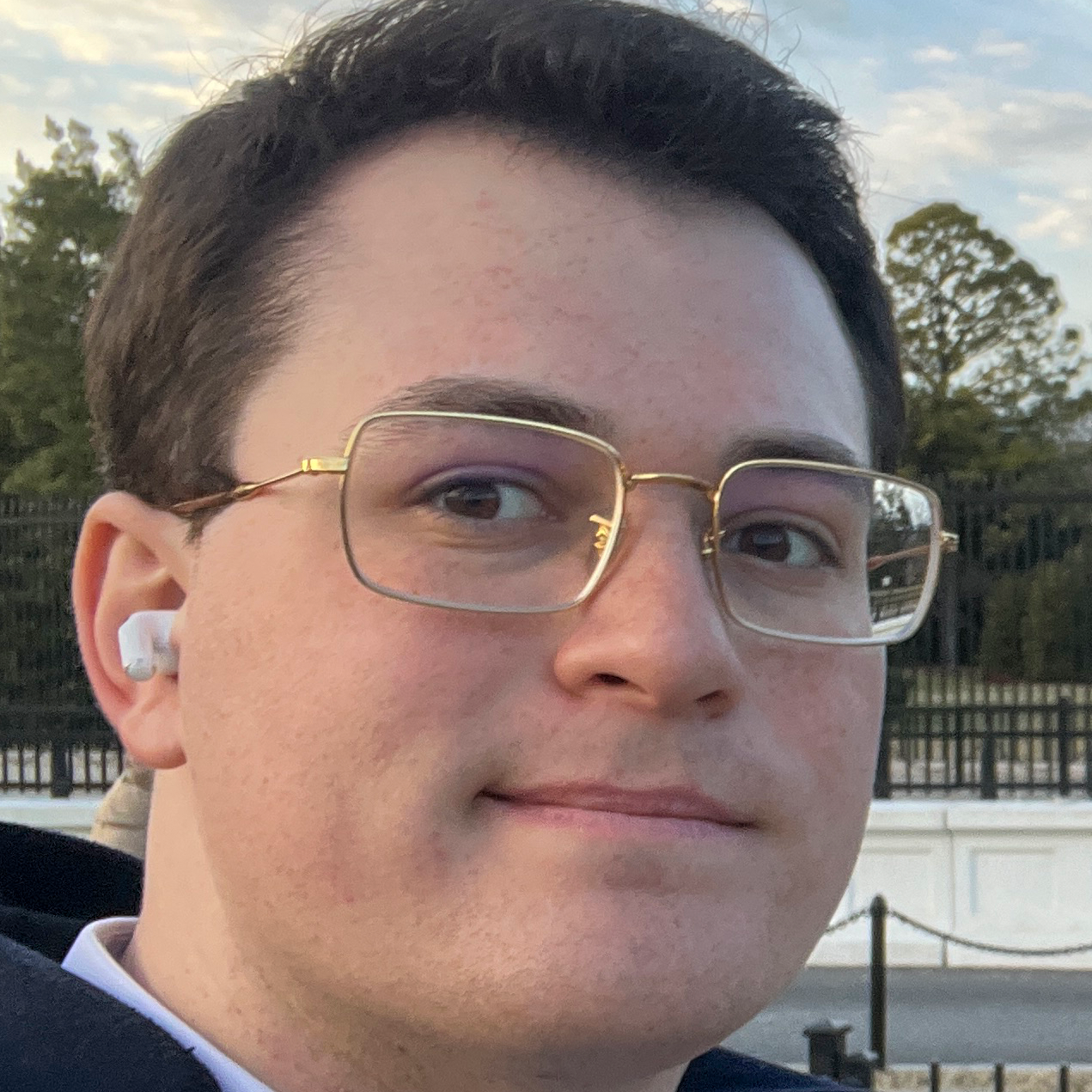
Gatlen Culp
Quantifying AI-Induced Civilizational Vulnerability: Tracking Humanity's Succession of Control to and Susceptibility to Influence from AI Systems
Fourth-year undergraduate at MIT studying AI and Decision Making. Executive for MIT AI Alignment and Contractor for METR.
-
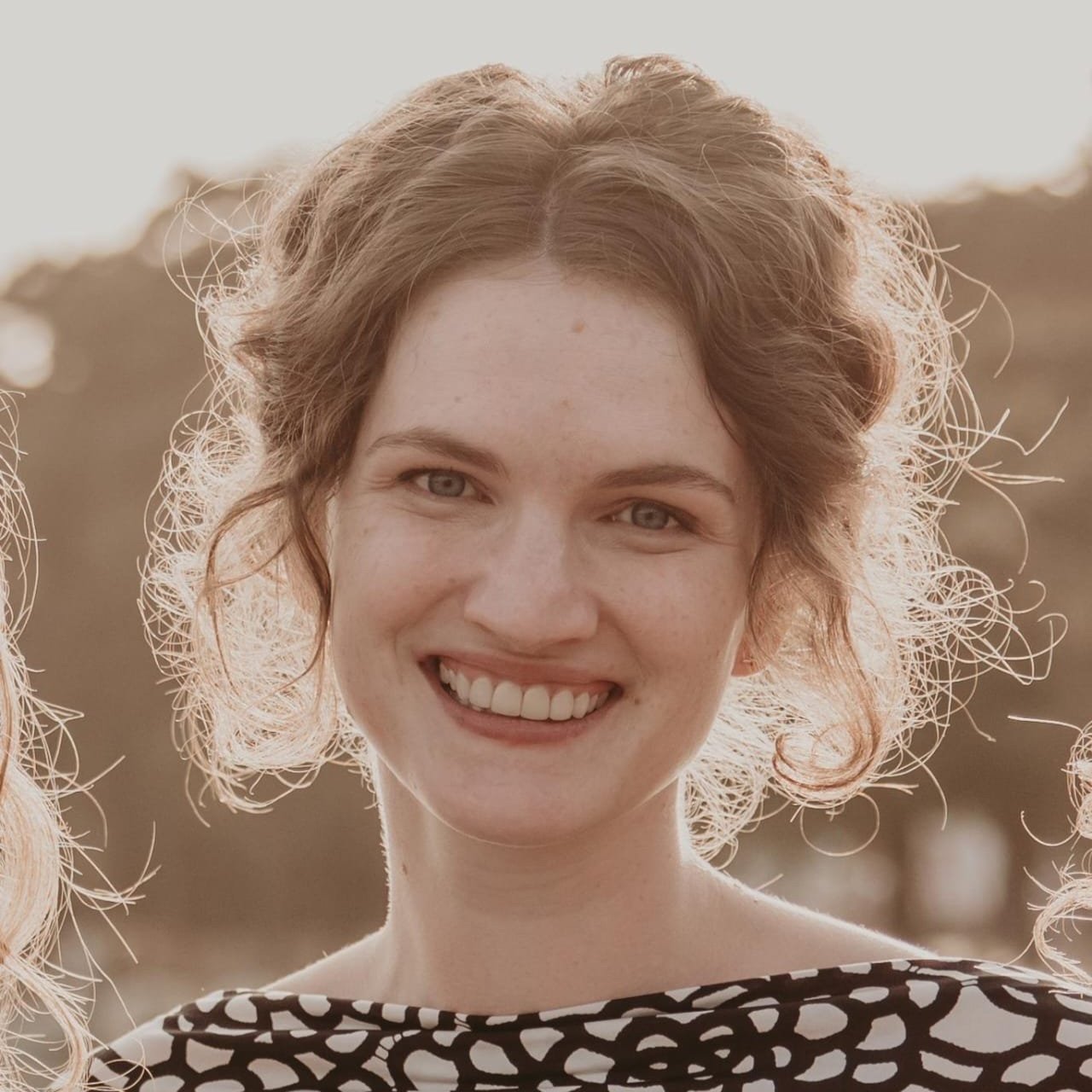
Jasmijn Remmers
Evaluating Frontier AI Models for Influence Operations
Jasmijn Remmers is a data analyst at Google and works to improve YouTube's detection systems for violative content. She has a background in political science, data science, and software engineering, and has a keen interest in AI safety and governance. She is currently wrapping up her MSc in Software Engineering in Oxford with a focus on AI and security. Jasmijn has previously published research and analysis of terrorist networks and political violence.
-
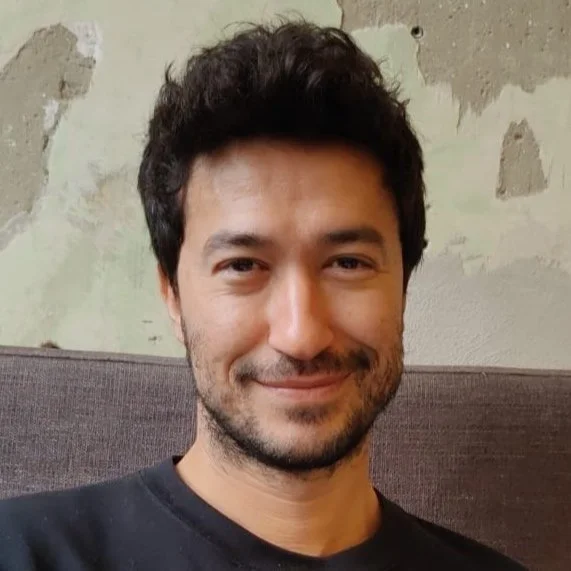
Gökhan Önel
Post-deployment Safety Monitoring of Frontier AI Models via Transparency Reports
Gökhan has spent 13 years at Meta in various Analytics roles, most recently as Head of Data Analytics. He led a global team of Data Analysts and Analytics Managers to enable data-driven decision-making for Legal, Regulatory, and Compliance functions.
-
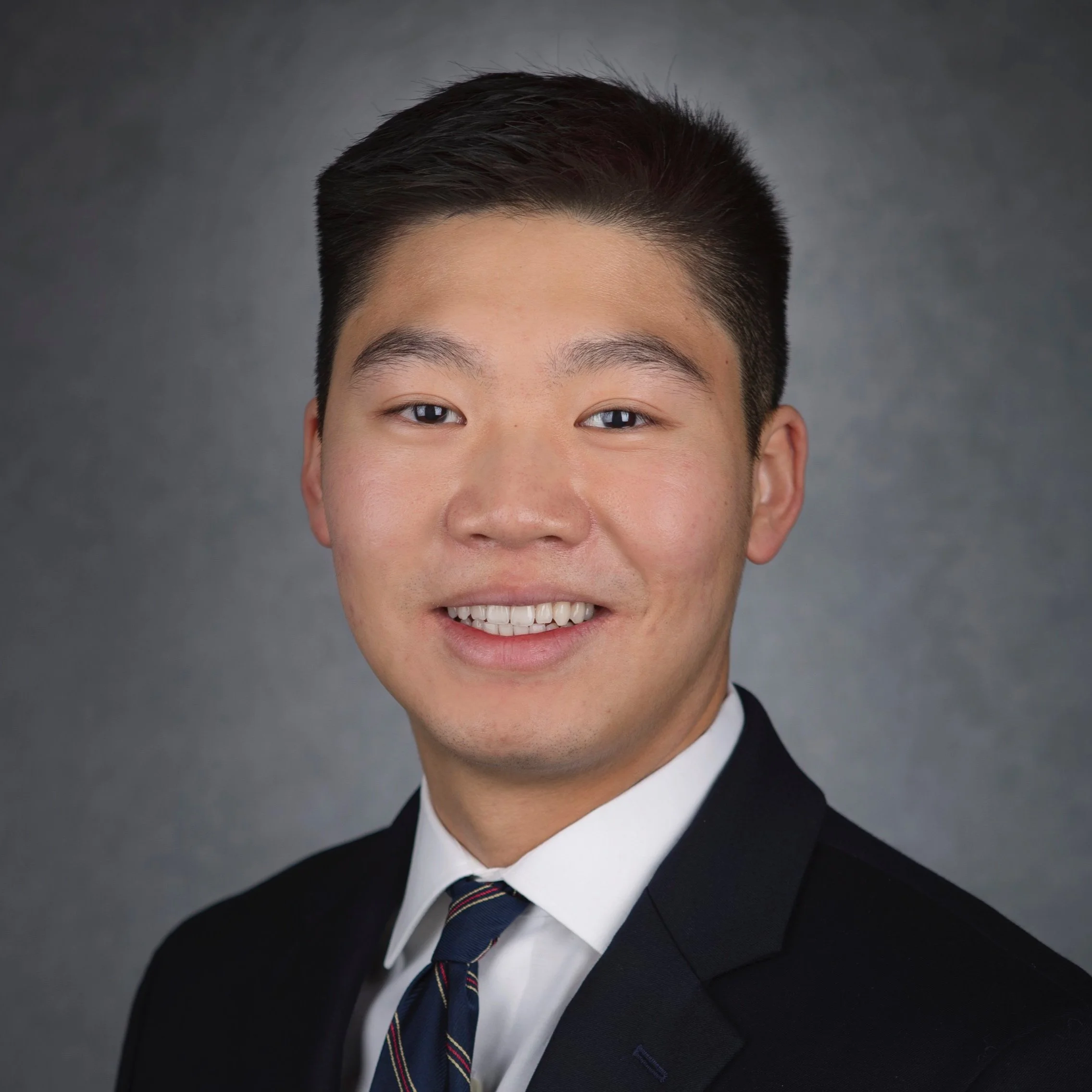
James Zhang
Emergency Response Measures for Frontier AI Risks (前沿人工智能风险的应急响应措施)
Princeton CS ‘25 grad, led campus AI alignment (PAIA) and entrepreneurship (E-Club) clubs. Incoming Schwarzman Scholar at Tsinghua University, focused on US-China cooperation on AI safety. Also incoming (after Schwarzman) Princeton CS Master’s student under Peter Henderson in the Princeton Language+Law, Artificial Intelligence, & Society Lab (POLARIS) lab. Interested in US-China AI Cooperation, Technical AI Governance, Model Evaluations, Socioaffective Alignment, and Scalable Oversight.
-
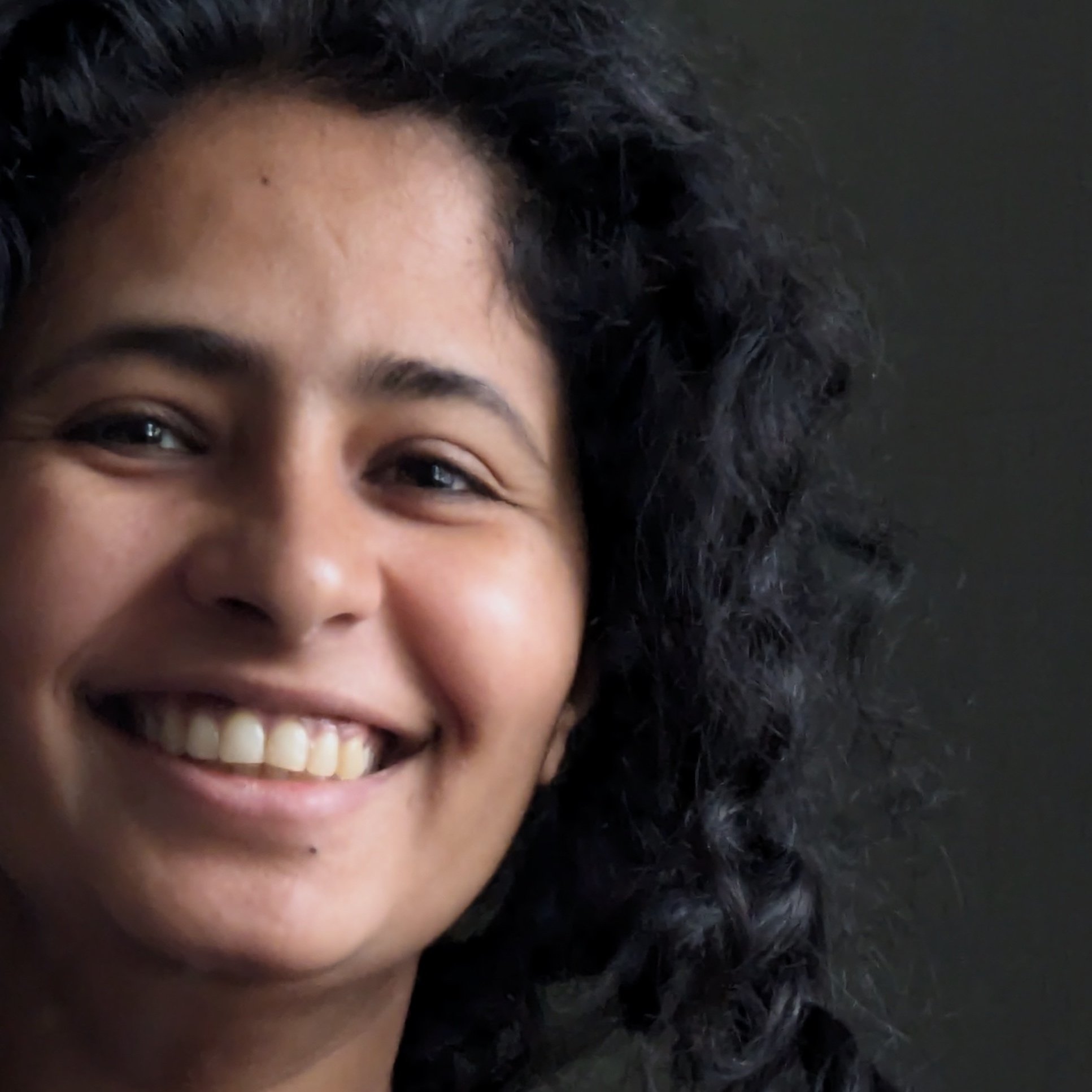
May Dixit
Model organism of self-preservation, and it's downstream consequences
May has 5+ years of ML experimentation at Youtube Safety, and 3+ years of Software engineering at Google / Snapchat.
May also has a Masters in Applied Mathematics from Stanford University. -
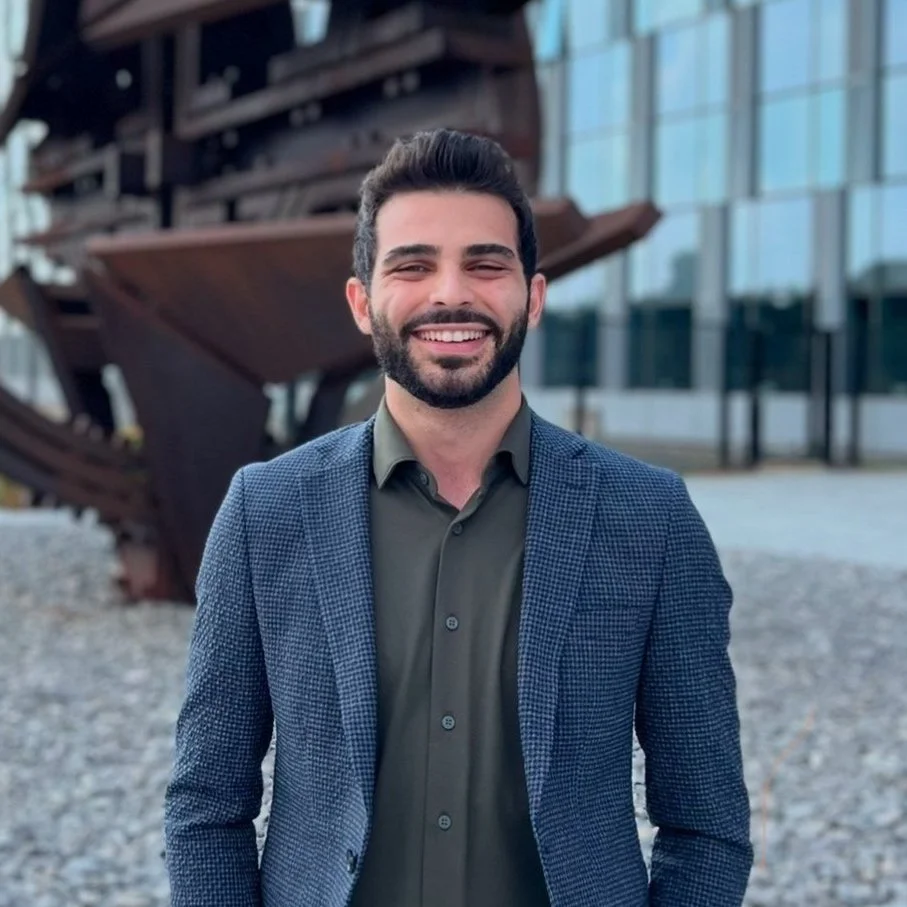
Aytunc Ilhan
Silicon Diplomacy: Technical Governance of AI-Enabling Chips in a Fragmented World
Aytunc has cross-sector experience in defense and semiconductor industry. He has developed strategies for emerging technology adoption at NATO HQ and is now focusing on product performance at ASML. His academic background includes a BSc in Electrical & Electronics Engineering and an MSc in Strategy.
-
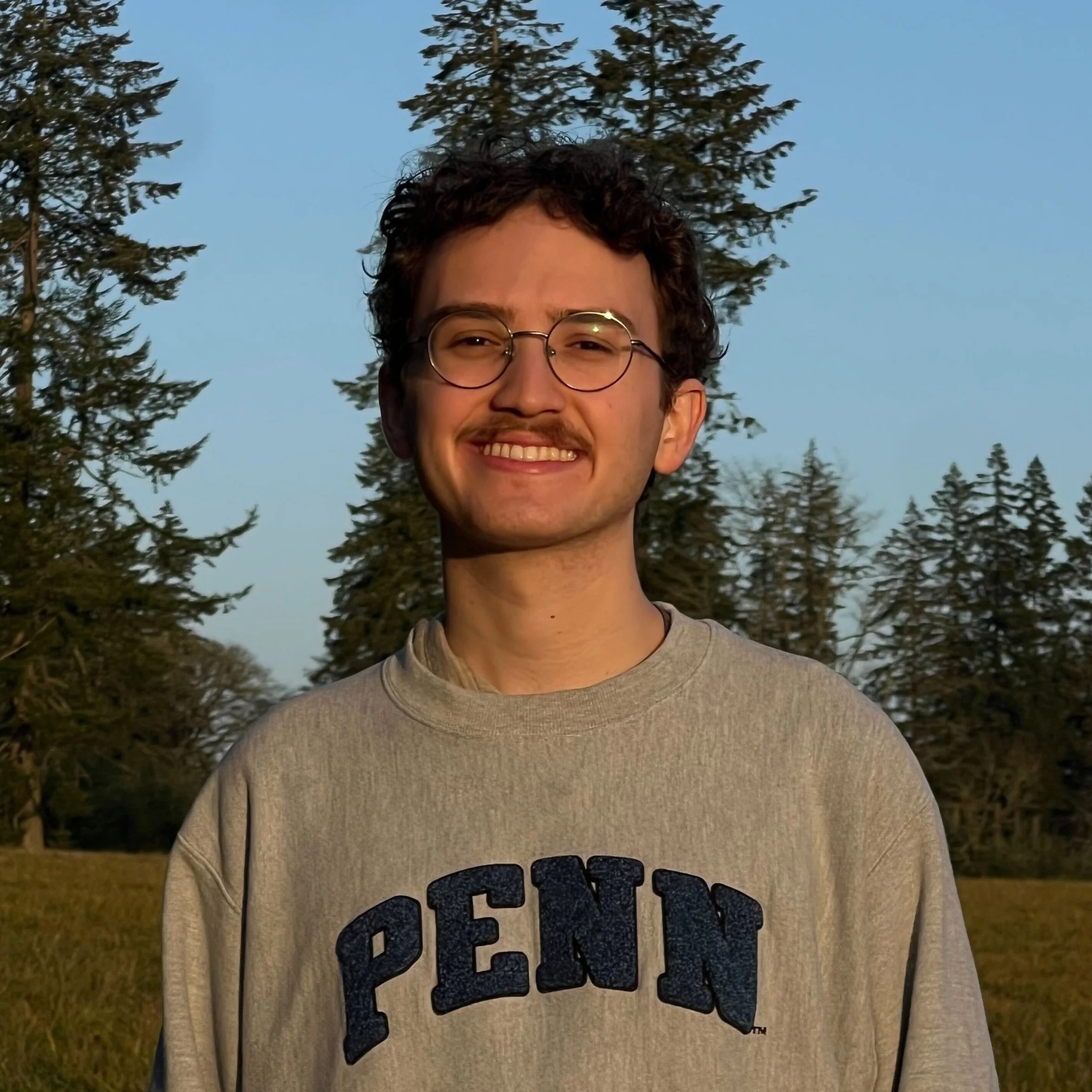
Brandon Sayler
Timing Pivotal Agentic Capabilities with Multi-Elicitation, Multi-Benchmark Forecasting
Brandon is a recent Logic, Information, and Computation BA graduate from the University of Pennsylvania, where he led Safe AI @ Penn. Previously, he has done research in programming languages and astronomy, and has worked in management consulting. Brandon’s current research interests include LLM performance forecasting, multipolar AI safety, s-risk macrostrategy, AI sentience/welfare, guaranteed-safe AI, normative and meta-ethics, phenomenology, and philosophy of mind.
-

Christopher John Paul Leong
The Case for Wise AI Advisors
Chris is a long-time member of the AI Safety Community. He has been active in field-building (Sydney AI Safety Fellowship, AI Safety Australia and New Zealand, facilitating for BlueDot and Center for AI Safety) and has completed a number of programs including CAMLAB, Arena and the Co-operative AI Summer School.
More recently, he's shifted his focus to Wise AI advisors. He won a prize in an AI Impacts competition on the automation of wisdom and philosophy, led an AI Safety Camp project on this and he's now continuing this research as a Technical Governance Fellow.
AI Governance
-
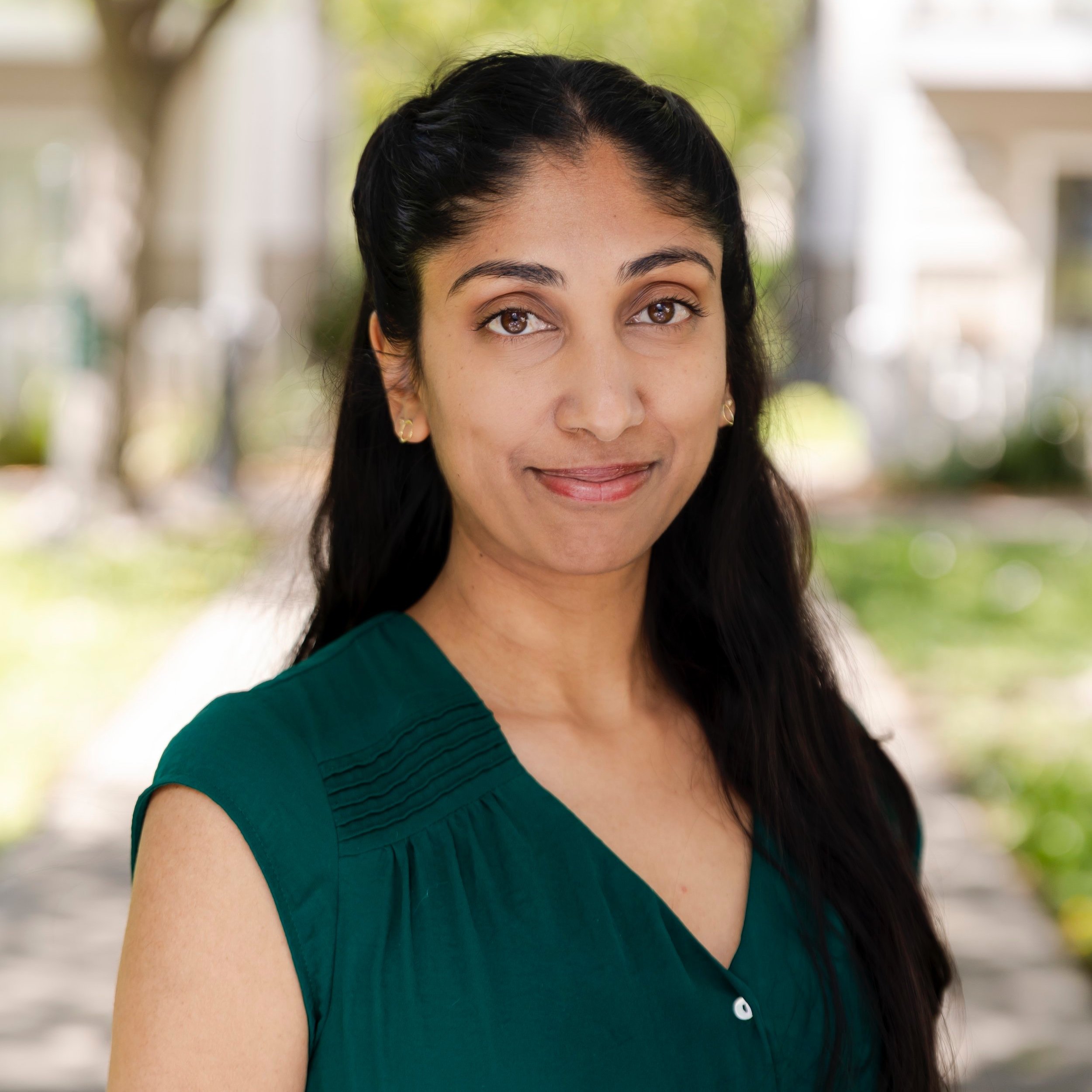
Shefali Agrawal
Building AI Security Talent Surge Capacity in the U.S. Government
Shefali has served as a U.S. diplomat, a role through which she has lived and worked in Saudi Arabia, Pakistan, and Tajikistan. Her work included leading research on the impact of emerging technology on U.S. national security and serving as a press officer and spokesperson. Shefali completed an MBA with Honors from the University of California, Berkeley this May, and holds an AB from the University of Chicago in Political Science and Anthropology.
-

Kateryna Halstead
How USG and CCP Perceptions on the Future of AI Development Influence their Policymaking Mechanisms
Kateryna Halstead is a national security, policy, and geopolitical risk professional with a proven track record across technology and AI policy, national security strategy, and geopolitical risk consulting and research. She combines practical experience with deep research expertise, developed through her work with prominent D.C. think tanks including CSIS, the Atlantic Council, and the Aspen Institute, and strategic advisory teams. She recently completed an AI Safety Policy Entrepreneurship Fellowship with the Federation of American Scientists, where she developed policy recommendations to support the safe, effective, and responsible adoption of AI technologies in military and national security contexts. Kateryna was also recently a fellow with the Pallas Foundation, where she supported strategic advisory teams working with dual-use technology companies.
Her earlier career in the D.C. think tank community focused on OSINT, information operations, technology policy, and analyses of key global issues such as the Ukraine-Russia conflict, U.S.-China strategic competition, and global trends in terrorism and extremism. Kateryna holds an MA in International Relations from Johns Hopkins SAIS, with a concentration in national security, technology, and China, as well as a BA in International Relations from Trinity Washington University, where she focused on security, strategy, and Eurasia, and minored in Spanish language. -

Dennis Murphy
The Geopolitics of AI Safety: Peering Into China's Institutional Approaches to AI Risk
Dennis Murphy is a PhD candidate at Georgia Tech in their International Affairs, Science, and Technology program researching the Geopolitics of AI under Jon Lindsay. He is a Georgia Tech research fellow and RAND adjunct policy analyst. He previously carried out work in coordination with people at MITRE, Northrop Grumman, Marine Corps University, NATO DIANA, DoD Minerva, and elsewhere. His work is broadly situated at the intersection of political economy, international security, and emerging technologies. He came to ERA interested in the ways in which AI risks may foment international crises, and will spend the summer investigating China's approaches to AI risk and safety. This summer Dennis will also be participating in the SWAMOS workshop. Next year he will begin work at Lawrence Livermore National Lab as a graduate research associate and become a Hans Morgenthau predoctoral fellow on grand strategy. He has graduate degrees from Johns Hopkins SAIS and Tsinghua University.
-

Jacob Schaal
Creating an forward-looking Automation Exposure Index based on Moravec's Paradox
Jacob Schaal is completing his MSc in Economics at LSE and serves as Head of Policy of the AI Your Movement Encode's LSE chapter. Previously, he worked on EU AI Policy at Pour Demain in Brussels, where he focused on implementing the EU AI Act, the OECD AI Guidelines, and the JTC21 standard-setting process. As Research Manager at the Orion AI Governance Fellowship, he led UK AISI-supervised projects on frontier AI safety information sharing and AI disinformation risks. He brings together economic expertise with practical policy experience across the EU and UK contexts.
-
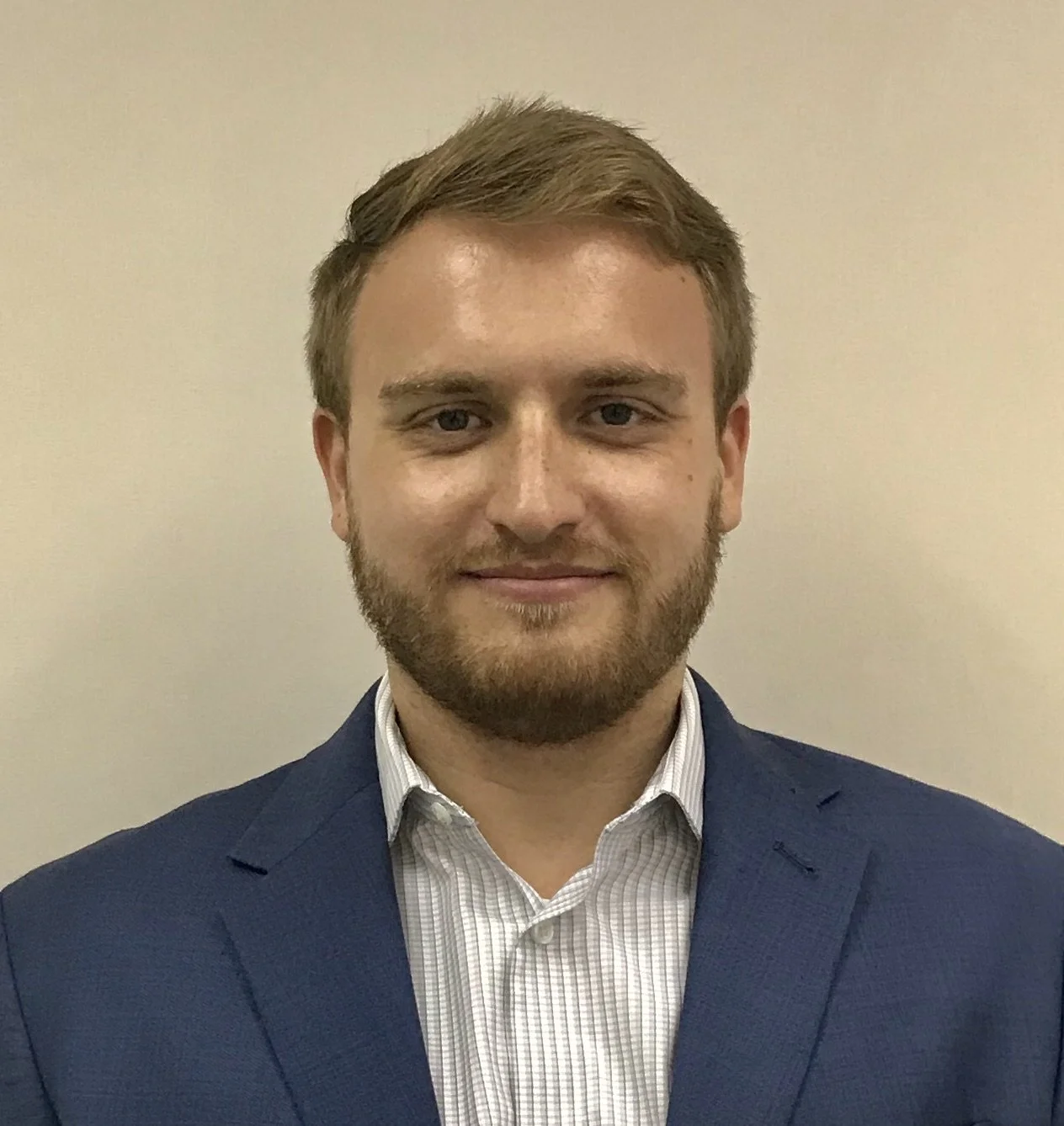
Patrick Fitz
An Overview of Current Chinese EUV Photolithography Indigenization Efforts
Patrick has a background in international development, multilateral governance, and US foreign policy. He has previously interned with the US State Department, US Treasury Department, and the Africa Center for Strategic Studies. For Summer 2025, he is a facilitator for the Center for the AI Safety's "Introduction to AI Safety, Ethics, and Society" course and a member of the Vista Institute for AI Policy "National Security Law and AI" program. He holds a Master of International Affairs degree, with specializations in data analysis and international organizations, from Columbia University School of International and Public Affairs.
-
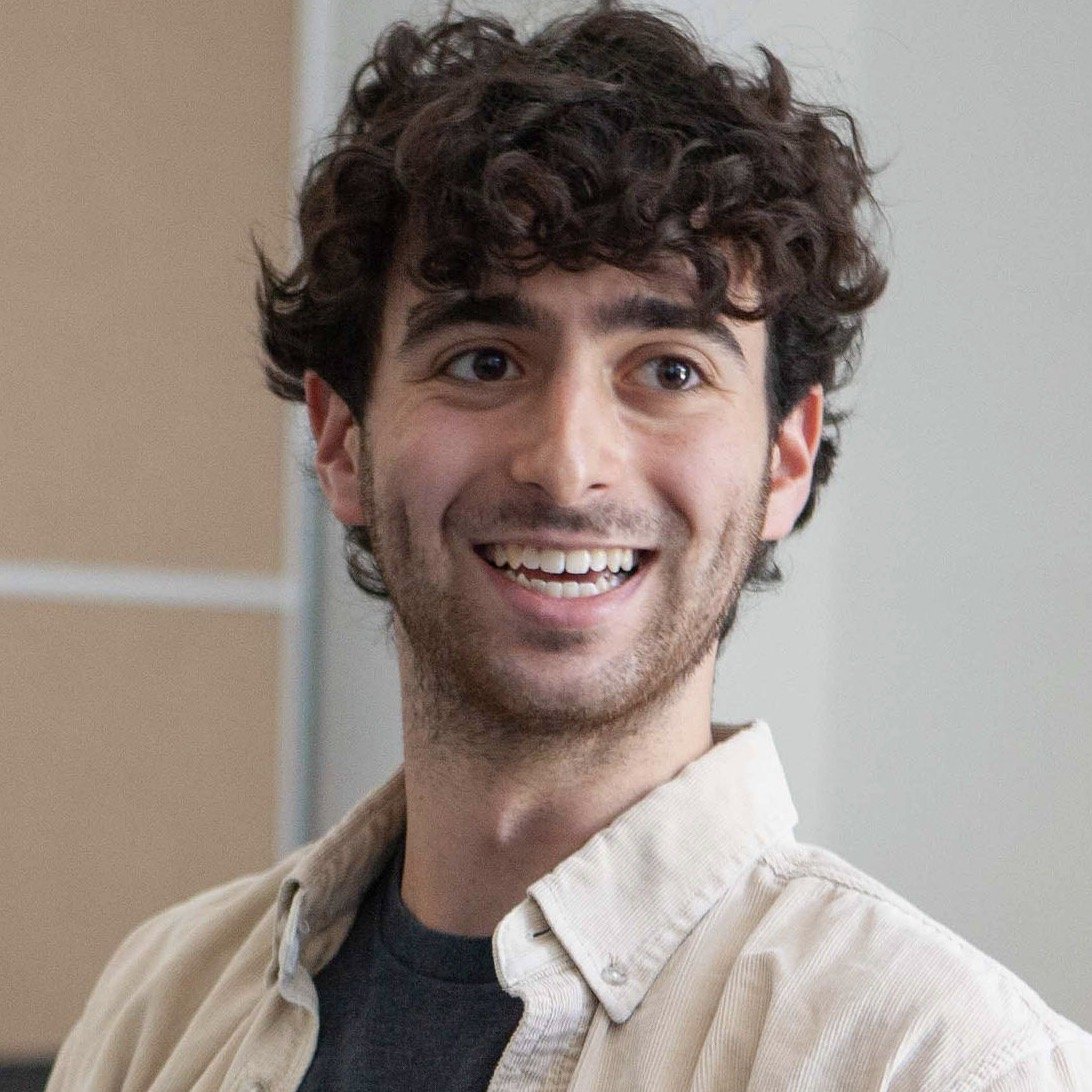
Liam Epstein
Leveraging Global Dependence on the U.S. AI Stack
Liam recently graduated from the University of Cambridge, where he completed an MPhil at the Leverhulme Centre for the Future of Intelligence. His research focuses on AI governance, specifically on compute policy and export controls. He has previously conducted research for Convergence Analysis, interned with the U.S. Department of State, and runs the Global Challenges Project, which supports early-career talent in AI safety and biosecurity.
-
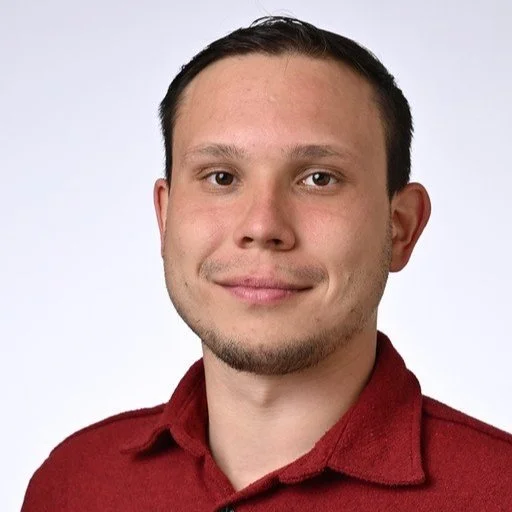
Oskar Galeev
Role of Expert Communities in Negotiating International Agreements: Tactics for the US-China AI Agreements
Oskar is a PhD candidate in cybersecurity and AI policy at the School of Advanced International Studies (SAIS) at Johns Hopkins University. Primarily researching tech policy in the US and China, Oskar was a Yenching Scholar (‘17), an Alperovitch Fellow in Cybersecurity Studies (‘26) and a Winter Fellow at the Center for the Governance of AI. He also worked at Huawei Technologies and studied China Studies at Peking University and at Leiden University.
-
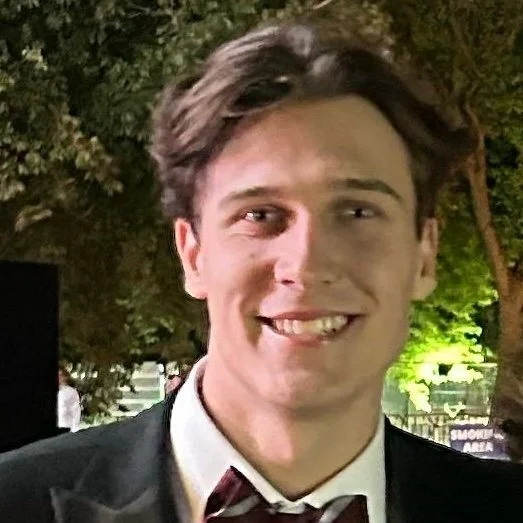
Jake Charnock
Mandating scalable structured access for frontier models
Jake holds an MPhil in Ethics of AI, Data and Algorithms from the Centre for the Future of Intelligence, University of Cambridge. His research focuses on frontier AI preparedness and risk management.
-

Bart Kubiak
Bridging Ontology and Model Architecture: Philosophical Foundations and Technical Implications of Legal Personhood of AI Agents
Master of Public Policy at Oxford University, Blavatnik School of Government; Law with American Law LLB at University of East Anglia and Stetson Law School. 8+ years of experience in EU regulatory advisory and lobbying (over 50 clients, mainly Fortune 100) focusing on the EU Green Deal and digital market regulations. Founder and first director of Aspen Institute in Poland. Gained experience on the Capitol Hill (Rep. Peter Roskam). International Strategy Forum fellow (2025), GLOBSEC Young Leader (2023). Featured in the Guardian, Vogue and the Monocle.
-
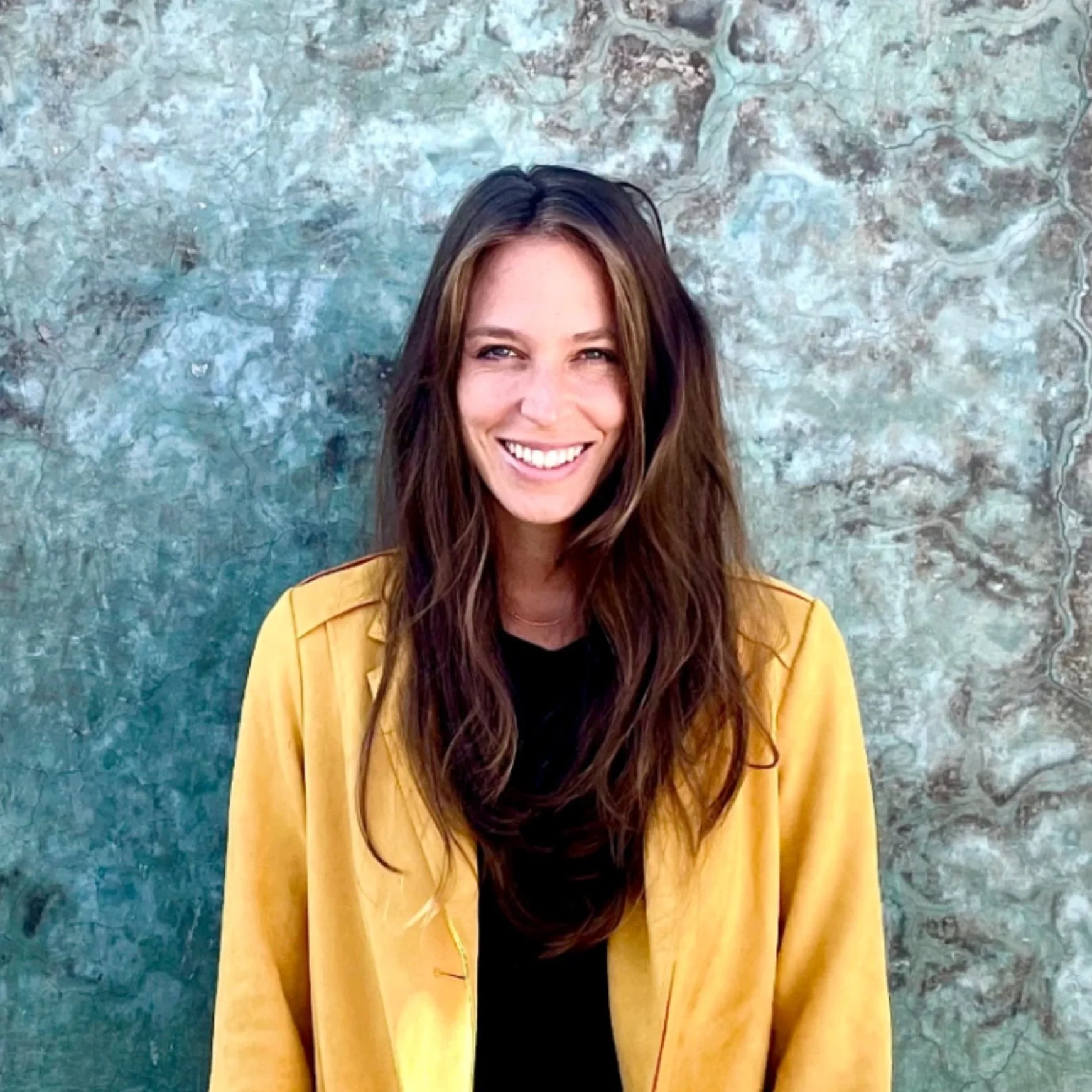
Antonia Juelich
Deliberate Misuse Risks: Insights into how Terrorist Groups Employ AI
Antonia is an International Security Program Postdoctoral Fellow at the Harvard Kennedy School’s Belfer Center for Science and International Affairs. Her research focuses on conflict and security, with a particular interest in how non-state armed groups operate internally and engage with emerging technologies. She received my Ph.D. in International Development from the University of Edinburgh, an M.Sc. in African Studies from the University of Edinburgh, an M.Sc. in Development Studies from the London School of Economics and Political Science, and a B.A. in Social Sciences from Humboldt University Berlin. Antonia has worked for and consulted the United Nations, the German Corporation for International Development (GIZ), and non-governmental organizations in Germany, India, Nigeria, Thailand, and the United States.
